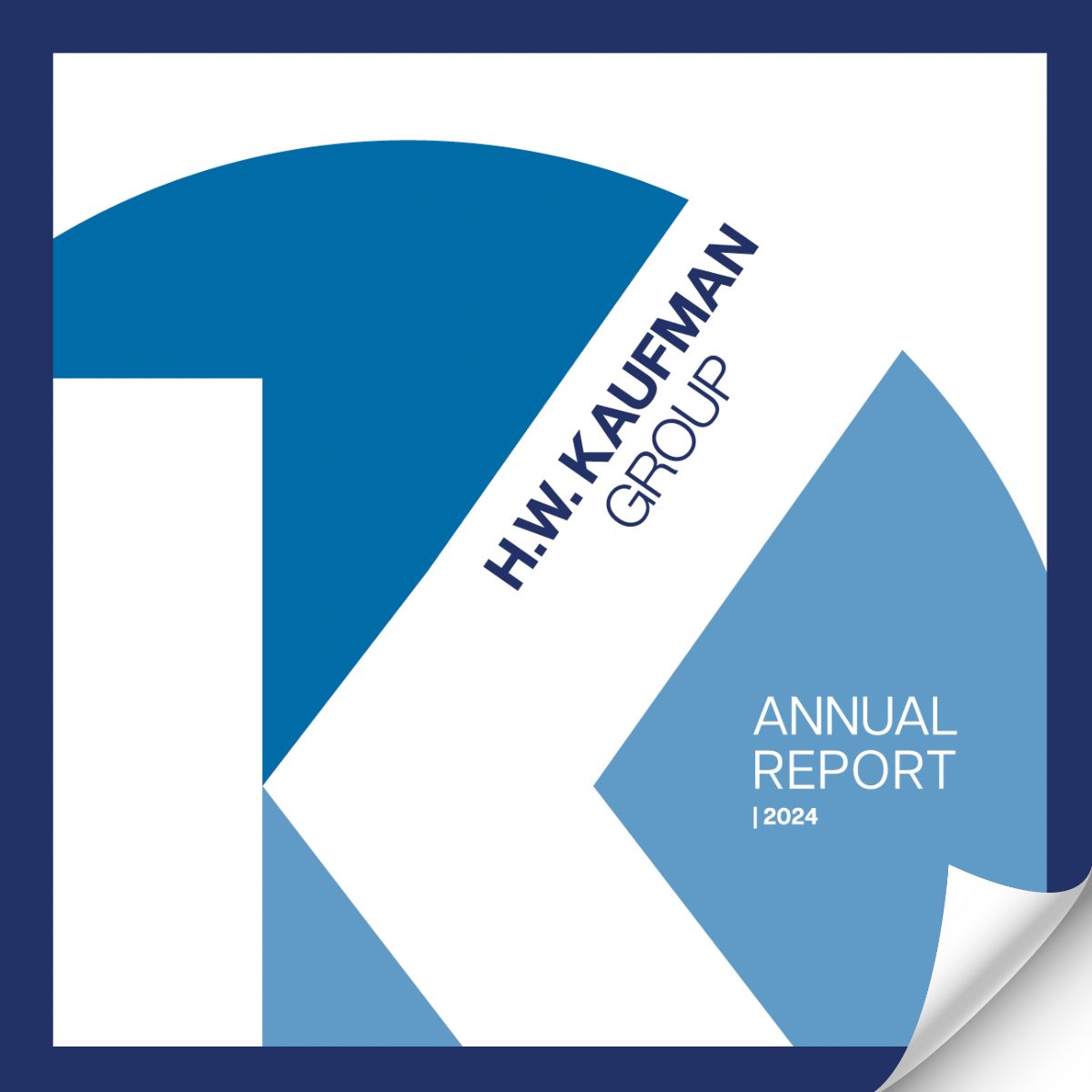A well-known personal injury attorney in Colorado recently filed a malpractice lawsuit against his former accountant, claiming that tax preparation errors on a 2017 return led to severe underpayment to the IRS. The attorney, Frank Azar, is accusing Louisiana accountant Timothy McKey of mistakes that led to Azar underpaying his federal taxes by $716,000 and incurring $170,000 in legal expenses and interest charges, BusinessDen reported on June 14.
Featured Solutions
“With any professional like a lawyer or an accountant, there is always going to be situations that arise due to negligence,” said Joey Franiak, Broker, Professional Liability, Burns & Wilcox, San Diego, California. “This is exactly why any professional needs insurance. We do not have all the facts as to what happened so a lot will depend on how exactly this went down, however, as a professional they would want to have coverage in place to provide protection for these events.

With any professional like a lawyer or an accountant, there is always going to be situations that arise due to negligence. This is exactly why they need insurance.
Legal costs alone would add up quickly in this type of case, which is one of the reasons Accountants Errors & Omissions (E&O) Insurance is so vital, said Timothy Barden, Broker, Professional Liability, Burns & Wilcox, Houston, Texas.
“One important thing to note here is the Accountant’s E&O coverage would pay for the cost of defense, which could prove to be costly in this scenario,” Barden said. “Especially in these potentially high-net-worth scenarios such as this attorney, there is a definite exposure. The coverage would be very advantageous for an accountant.”
Risk of errors in accounting
In 2021, 73% of professional liability claims against CPA firms in the U.S. involved tax services, according to a 2022 report in the Journal of Accountancy. Filing errors accounted for 50% of claims that year, while failure to advise or improper advice was alleged in 36% of claims and failure to detect theft or fraud was alleged in 7% of claims. According to a 2020 report in The CPA Journal, professional liability claims against accountants tend to occur more often during times of economic downturn. Claims also tend to be larger during these times, the report stated, with the most frequent and severe claims involving tax, audit, and bookkeeping.
Additionally, recent data shows settlement costs may be increasing for accounting professionals. In April, Accounting Today reported on a 67% increase from 2021 to 2022 in the total value of settlements in securities class-action lawsuits involving accounting allegations. The average settlement amount increased from $24.7 million in 2021 to $31.7 million in 2022, the publication noted.
When an accountant is sued over an alleged error, Accountants E&O Insurance can cover legal defense, indemnification, and other expenses. Also known as Professional Liability Insurance, this type of insurance is typically carried by accounting firms as well as self-employed accountants. It is an important protection given the risk of errors in any profession, Barden said. “There is definitely the risk [of being sued], which is why so many accountants do carry this line of coverage,” he said. In the case involving Azar, “If the accountant made the mistake and it was just an honest mistake, the policy could kick in and make an indemnity payment to Mr. Azar to make him whole for that mistake.”

The driving factor to remember is that the IRS is going to get their money. … If the accountant made a mistake, there is a good chance the IRS is going to catch it.
Errors may be even more likely to come to light in the accounting industry, as issues on tax returns are usually caught by the IRS, Barden added. “The driving factor to remember is that the IRS is going to get their money,” he said. “If they notice a discrepancy in their due diligence on your return — whether it is a year or three years down the road — if the accountant filing the return made a mistake, error or omission, there is a good chance the IRS is going to catch it. At that point, that client is directly on the hook for the money owed. At that point, the client is probably going to turn around and sue their accountant, which is what we see in Mr. Azar’s case.”
According to Franiak, “anyone who is working in a professional type of career” is at risk for lawsuits over errors and omissions. “Everyone can be vulnerable,” he said. “What it really boils down to is that mistakes happen. Everyone makes mistakes. That is why insurance is here. We try to prevent these kinds of mistakes from happening as much as we possibly can, but mistakes happen.”
Intentional, illegal acts not covered
The impact of an accounting error can vary significantly. Earlier this year in South Carolina, the state’s chief accountant resigned over a $3.5 billion error that allegedly went undetected for almost 10 years, The Guardian reported in March. On a smaller scale, a couple in Salt Lake City, Utah, is currently fighting to access their 2021 federal tax refund after an alleged error by a tax preparer sent their refund to the wrong bank, KSL TV reported in June.
When purchasing Accountants E&O Insurance, professionals should know that legal expenses may be included either inside or outside of the limits of liability, Franiak pointed out. Accountants may also want to ask about whether their policy includes a duty to defend form rather than duty of reimbursement, and they should ensure that they maintain continuous coverage, he said. “Since these will be claims-made policies, you cannot have a lapse. You want to make sure you have constant coverage in place,” Franiak said, noting that tail coverage is available after an accountant retires from practice. “Just because a claim did not happen this year does not mean it will not happen.”

You want to make sure you have constant coverage in place. Just because a claim did not happen this year does not mean it will not happen.
An insurance enhancement accountants may consider is known as first-dollar defense, Barden said. “That is where your defense costs in the event of a claim are covered from the first dollar, meaning it is not subject to the deductible — only when an indemnity payment is made,” he said. “That is a nice bell or whistle, especially in a case where there could be a big defense bill.”
While accountants may be sued over fraud or other intentional acts, these claims are generally not covered by Accountants E&O Insurance. An accountant for a high-end furniture store in Miami, Florida, was recently arrested for allegedly embezzling more than $526,000, WPLG reported on June 21. In Toronto, Ontario, a cannabis company that was accused of filing inaccurate financial statements settled with U.S. and Canadian regulators in October of 2022; the company agreed to pay a penalty of $1.3 million, among other fines, and the company’s chief financial officer agreed to pay $70,000 and not practice accounting for at least three years, CBC reported.
“If something is intentional or criminal, that is something policies do not cover,” Barden explained. “The policy may initially respond for the cost of defense to see where the fault lies, but if it is determined that it was a criminal act, there would be no indemnity payment. It would not be warranted at that point.”
As with any insurance policy, it is important to take note of the definition of the insured along with the definition of professional services, Barden said. Having Accountants E&O Insurance in place is “almost a requirement to do business,” Franiak noted. “I can imagine that for many accountants, they are contractually obligated to carry insurance to work with certain companies,” he said.
Beyond maintaining insurance coverage, accounting firms should regularly review their policies and procedures to ensure they are taking all steps possible to avoid errors. “It comes with any profession — you have to be doing the right things on a daily basis and make sure you are being an advocate for your client; not missing deadlines, misrepresenting yourself, or breaching your duty,” Franiak said. “You have a fiduciary duty to do your job to the best of your ability and make sure you are there for your client.”
Cost of defense continues to rise
According to a 2022 survey by Carlton Fields, class-action defense spending by U.S. companies grew 16% in 2021 and was expected to continue to rise alongside growth in the number of class-action lawsuits. In both the U.S. and Canada, rising legal expenses continue to present a challenge for businesses. With many professional liability lawsuits, Franiak said, “it ultimately comes down to the cost of defense.” In some cases, “even a $1 million-limit policy might not be enough, which is why it’s important to work with a trusted and knowledgeable insurance broker.”
The cost of battling a claim “is only going to go up,” Barden said.
“Accountants definitely need to be mindful of the policy limits,” he said. “Your million-dollar limit, which has been the standard for some time now, does not stretch as far as it once did. Higher limits or Excess Liability Insurance are things that we encourage clients to consider.”
Other trending factors for accounting professionals to consider is the growing risk of cybersecurity breaches, which could also lead to costly lawsuits. Cyberattacks increased 57% in the U.S. in 2022, according to Security Magazine, and were up 20% in Canada last year, CTV News reported in January. This makes Cyber & Privacy Liability Insurance another important consideration for accountants, Barden said.

Accountants definitely need to be mindful of the policy limits. Your million-dollar limit that has been the standard for some time now, does not stretch as far as at it once did.
“Given the accountant’s exposure and how many personal records they have on file, it is increasingly important for them to have cyber liability coverage in place,” he said. “If they did have a breach, it would be a very expensive claim. Cyber claims are some of the most expensive right now to close.”
From data breaches to professional errors, having insurance to respond to these issues “offers peace of mind” in the event of a claim, Barden added. “Unfortunately, in our litigious society, it’s not altogether uncommon to face a lawsuit or allegation from a client, whether the claim has any merit to it or not,” he said. “It is definitely worth having coverage as a form of risk transfer in your business.”
Obtaining these insurance policies and carefully reviewing them on a regular basis is just one way that accountants can “make sure they are protecting their business,” Franiak said. “It is important to work with the right individuals and look at your business very holistically when it comes to insurance and all of the vulnerabilities that are out there,” he said. “You want to make sure you are protected from every avenue.”




